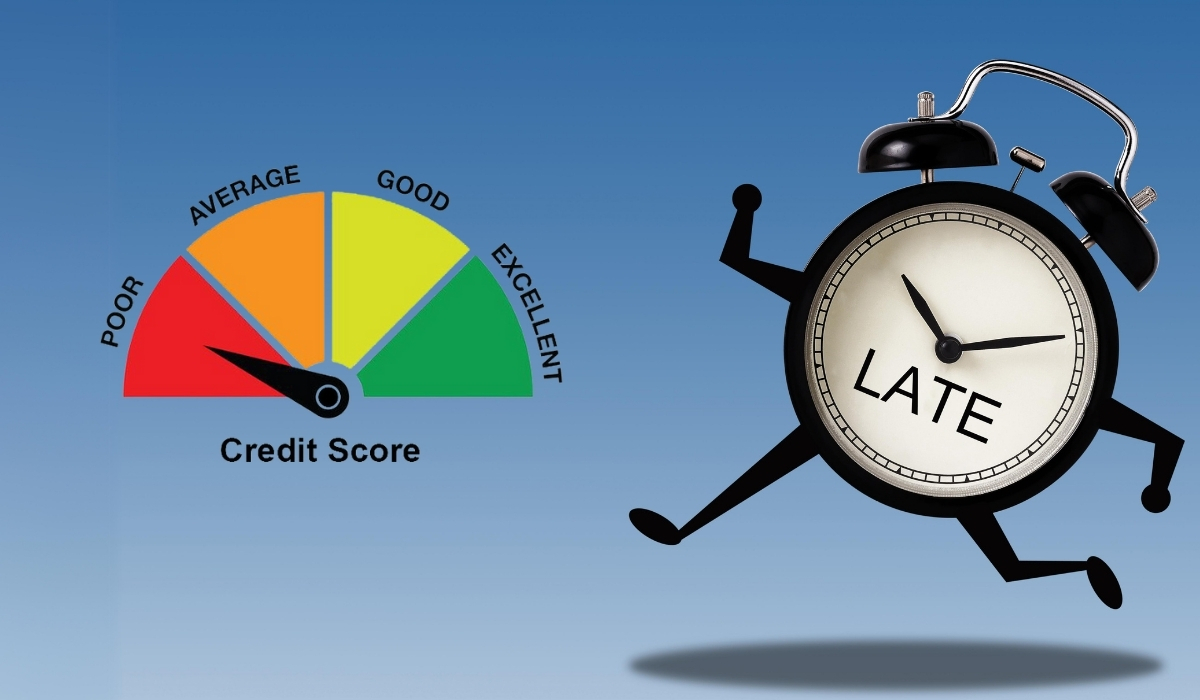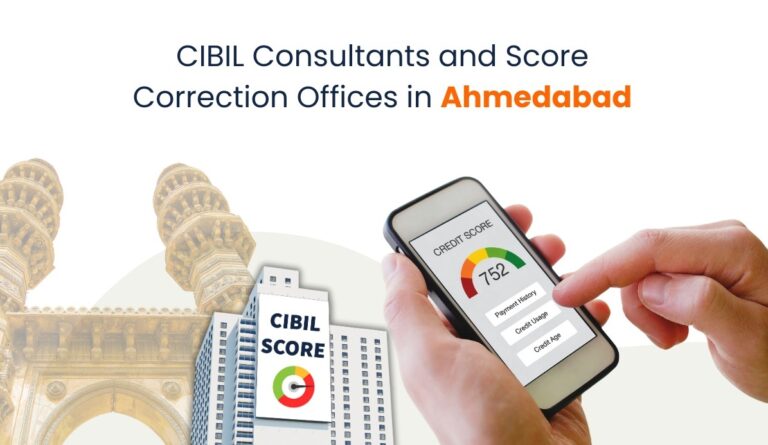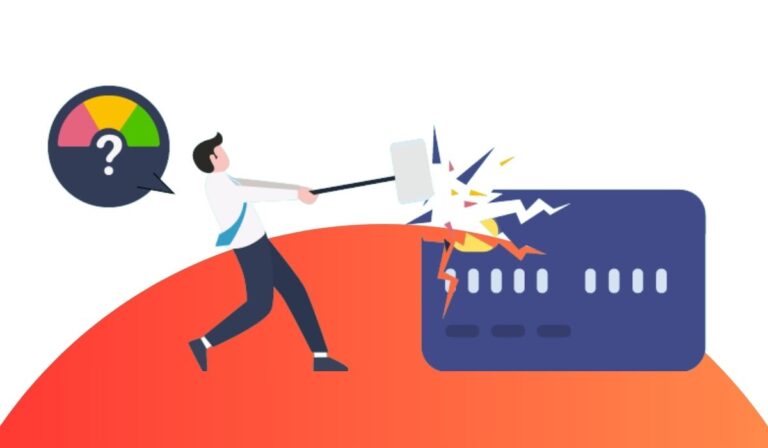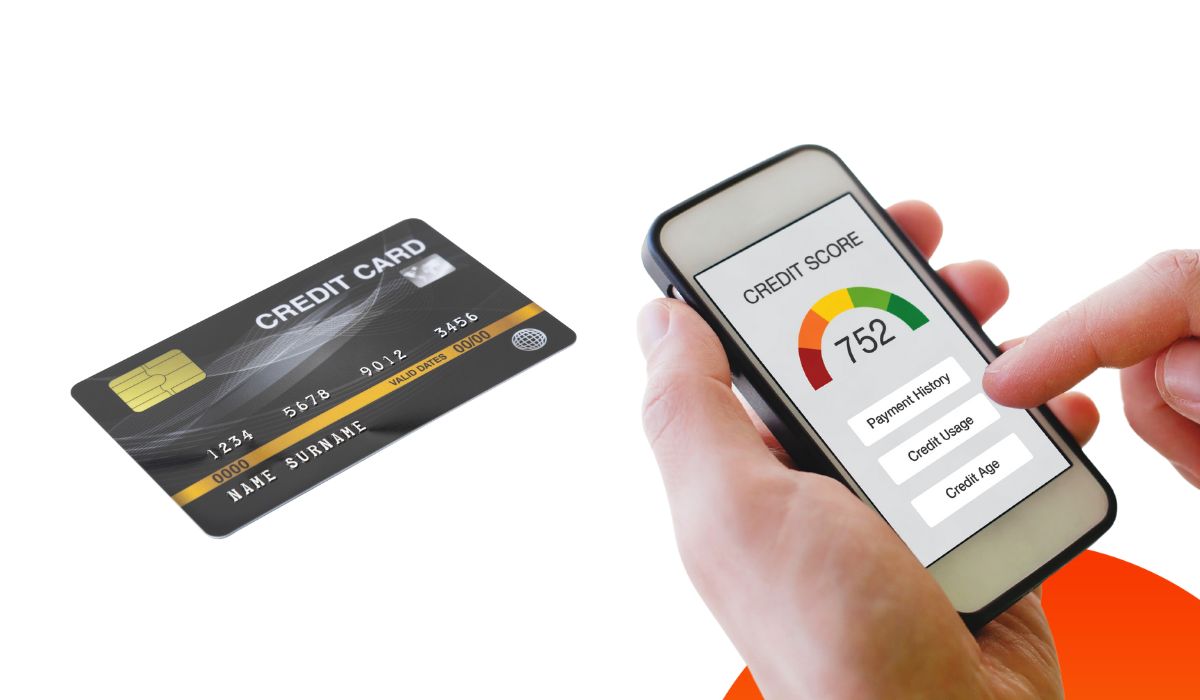Yes, incessant delays in your debt obligations can be impediments to your credit score. Though the degree of subversion varies according to the length of the delay, the impact dealt nevertheless is far from innocuous. Credit score, in elementary terms, is a score indicative of your proclivity to repay debt. The higher the score, the higher your creditworthiness. Hence, it’s apparent that significant delays in repaying your debt will dent your credit score. To know all about the impact of delayed payments on your credit score, read on.
Degree of damage dealt with increasing number of days delayed
- Less than a month
If your delay in payment is less than a month, then the impact on your credit score is not that apparent. It likely signals that it’s nothing transcendental and you merely just forgot to make the payment. Though your credit score will not be remarkably impacted, you may still have to face some monetary prosecution in terms of a late penalty or an elevated interest rate.
- More than 30 days (about 4 and a half weeks)
Consistent delays in repayment with the delay tenure spanning over 30 days may prove to be consequential. A first-time offence may grant you some degree of leniency from your lender. However, consistent displays of such financially irate behaviour towards your lender may cause a pitfall in your credit score, with a drop that can be as steep as 100 points. For reference, a healthy credit score usually lies above 700, so contextually a 100-point drop becomes significant.
- More than 60 days (about 2 months)
If your delay extends beyond the 2-month mark, then it is permanently inked in your credit report. This blemish might also be visible for as long as the next seven years.
- More than 90 days (about 3 months)
At this point, you might be classed as a non-performing asset and the same will be reflected in your credit report. It is important to note that different lenders have different thresholds for the NPA class, with some lenders appropriating it at the 120-day mark.
- More than 120 days (about 4 months)
At this point, the lender has no fathomable reason to harbour any hope of recuperating the lent amount. The unpaid debt is then classified as a collection. This is the apex blemish in your credit report and is one that should be avoided at all costs.
Important correlations between CIBIL scores and delayed payments
- Payment punctuality accounts for about 35% of your credit score, so it’s cardinal that you pay off all your debts, EMIs, credit and the like on time.
- Current statistics show that payments delayed by merely a month can cause a pitfall of 100 points in your credit score. So, the impact of further delays on your credit score isn’t hard to imagine.
- Different credit bureaus (CIBIL, Equifax etc.) deploy different methods to deduce your credit score, so the impact of late payments is not unanimous among every credit ascertaining body. In simple terms, this means that a drop of 100 points in your CIBIL score might translate to a drop of only 80 points in your Equifax score.
- Delayed payments lead to compromised credit scores and can incur monetary implications such as an elevated Annual Percentage Rate (APR) and late penalties.
Tips to Avoid Late Payments
There are a few concrete steps you can take to avoid delayed payments:
- Setting up the auto debit feature on your account
Our frenzied everyday lives make it tough for us to remember our debt obligation. Setting up an auto-debit system eliminates this psychic load as it will automatically debit a prefixed sum of money from your designated bank account and put it towards your debt.
- Reminders on your electronic devices
This might be across as too simple of a step but can be invaluable in keeping you abreast of your payments. Periodic reminders put in your phone, laptop or any other device will remind you of your repayment duties.
- Weekly clearance of your credit card
Instead of paying off a cumulative sum at the end of each month, try clearing some of your dues weekly. Yes, you can pay off your debt anytime during the billing cycle, and paying off small amounts each week instead of an accumulated amount at the end of each month might prove to be a favorable strategy for making timely payments and easing the monetary burden.
Also, Check:
- Top Loan Apps Without CIBIL/Credit Score
- How Can I Remove Loan Inquiry From CIBIL Credit Report
- CIBIL Consultants and Score Correction Offices in Bangalore
- CIBIL Consultants and Score Correction Offices in Pune
- CIBIL Score for Home Loan
- CIBIL Consultants and Score Correction Offices in Delhi
- CIBIL Consultants and Score Correction Offices in Chennai




